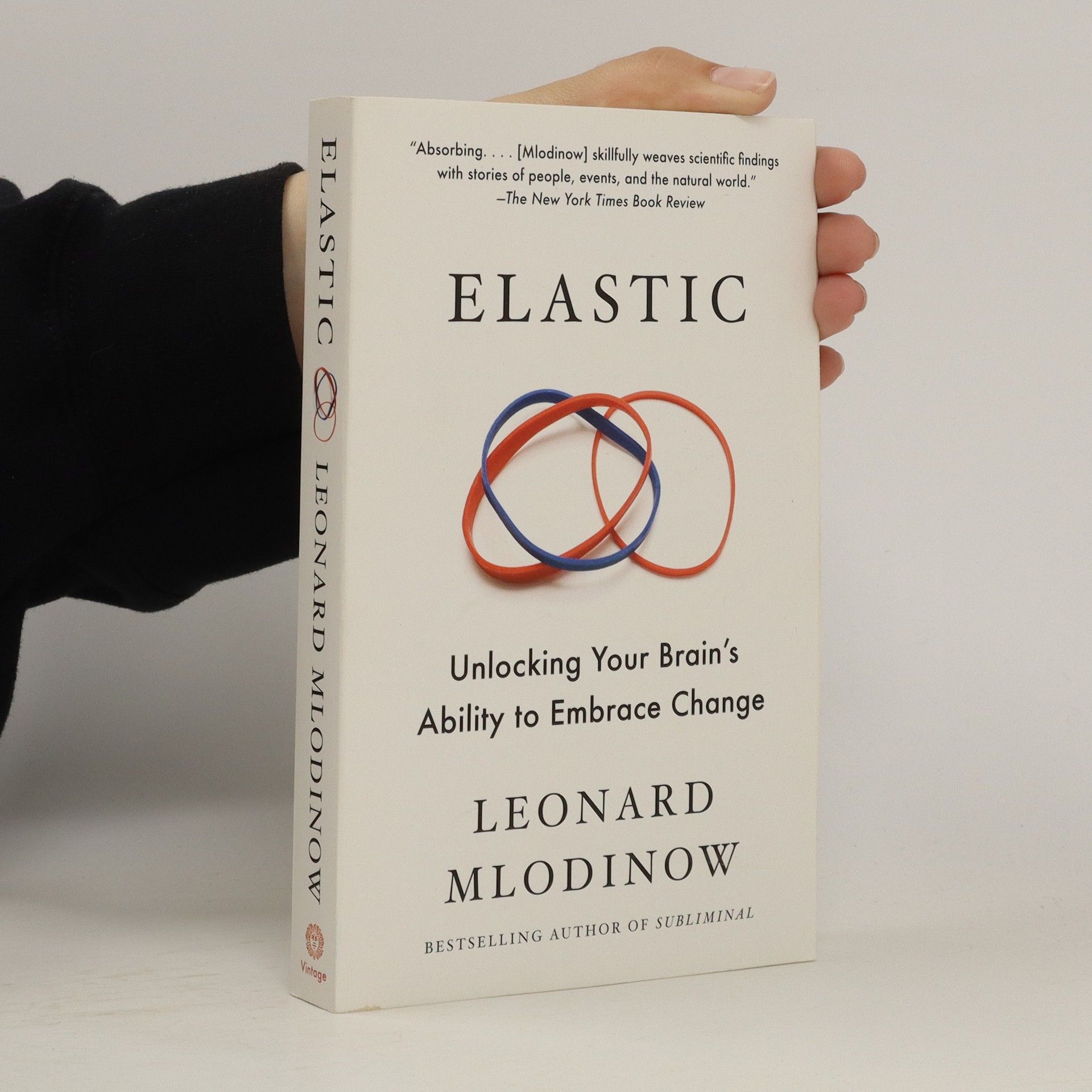Stephen Hawking est universellement reconnu comme un des plus grands cosmologistes de notre époque et l'un des plus brillants physiciens depuis Einstein. Successeur de Newton, il occupe à l'Université de Cambridge la chaire de Mathématiques, et s'est rendu célèbre pour ses travaux sur les origines de l'Univers. Une brève histoire du temps est le premier livre qu'il ait décidé d'écrire pour le non-spécialiste. Il y expose, dans un langage simple et accessible, les plus récents développements de l'astrophysique concernant la nature du temps et du monde. Retraçant les grandes théories du cosmos, de Galilée et Newton à Einstein et Poincaré, racontant les ultimes découvertes de l'espace, expliquant la nature des trous noirs, il propose ensuite de relever le plus grand défi de la science moderne: la recherche d'une théorie unitaire combinant et unifiant la Relativité générale et la mécanique quantique. On sait que Stephen Hawking lutte depuis vingt ans contre une maladie neurologique très grave. On n'en trouvera que plus fascinant cet extraordinaire effort d'un esprit scientifique pour parvenir à une compréhension ultime des secrets de l'Univers.
Leonard Mlodinow Livres
Leonard Mlodinow est un physicien et auteur dont les œuvres tissent harmonieusement les complexités de la science avec l'expérience humaine. Son écriture, profondément influencée par son propre passé de survivant de l'Holocauste et sa fascination pour la mécanique quantique, explore des questions fondamentales sur l'existence et la nature de la réalité. Mlodinow expose ces idées complexes dans un style clair et accessible, guidant les lecteurs à travers des concepts ardus et les aidant à trouver un sens plus profond dans notre univers. Sa perspective unique offre des aperçus remarquables sur la compréhension scientifique et sa place dans le récit humain.

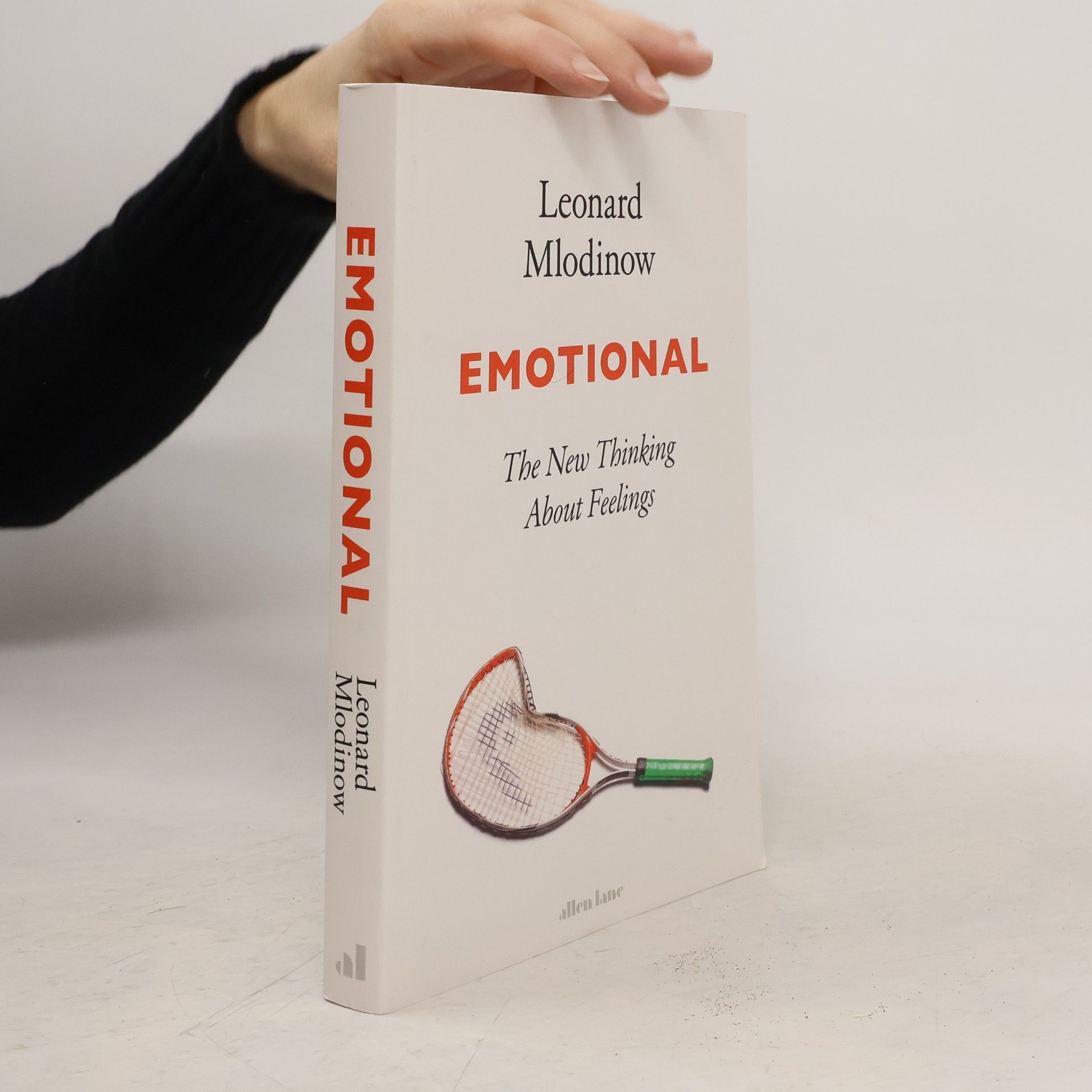
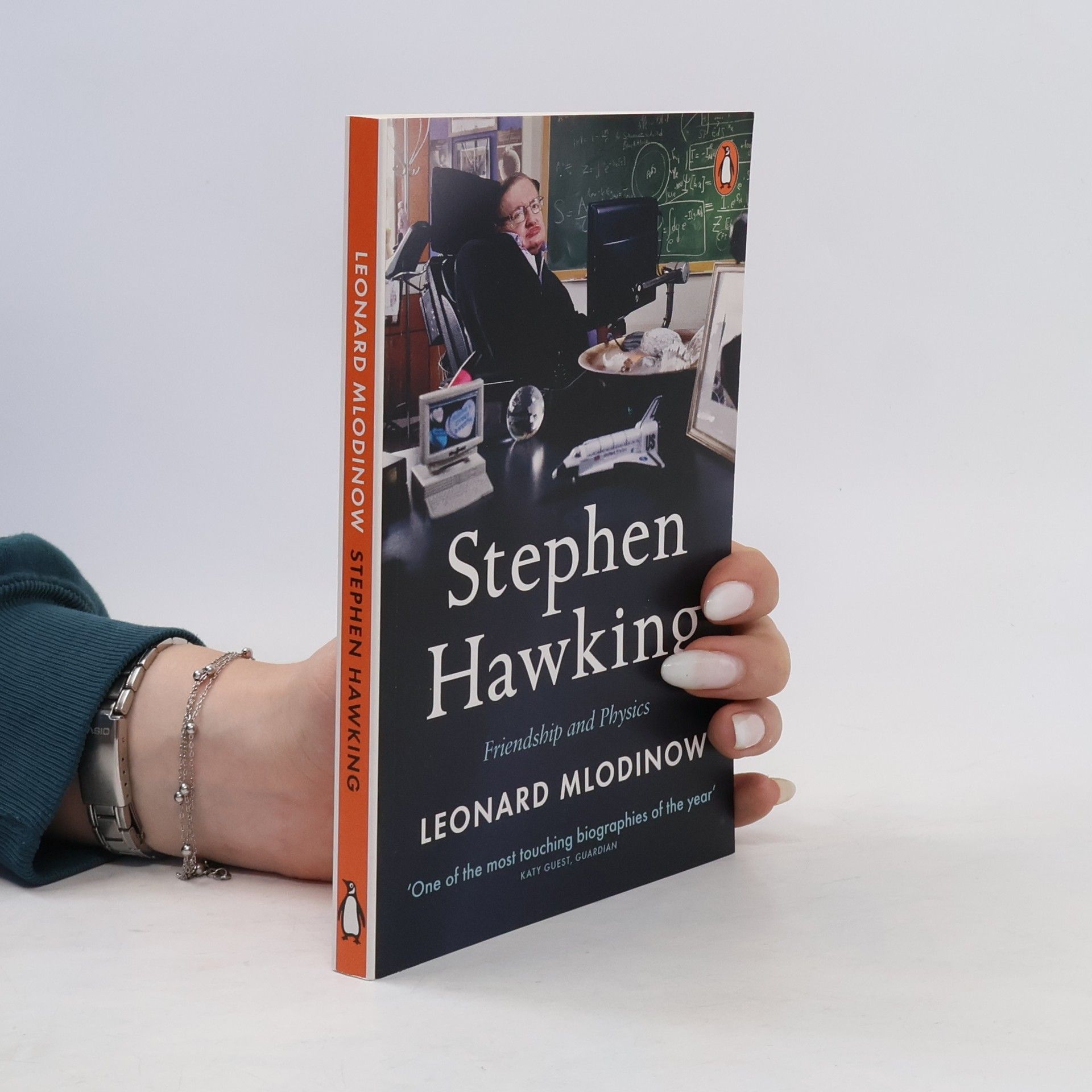
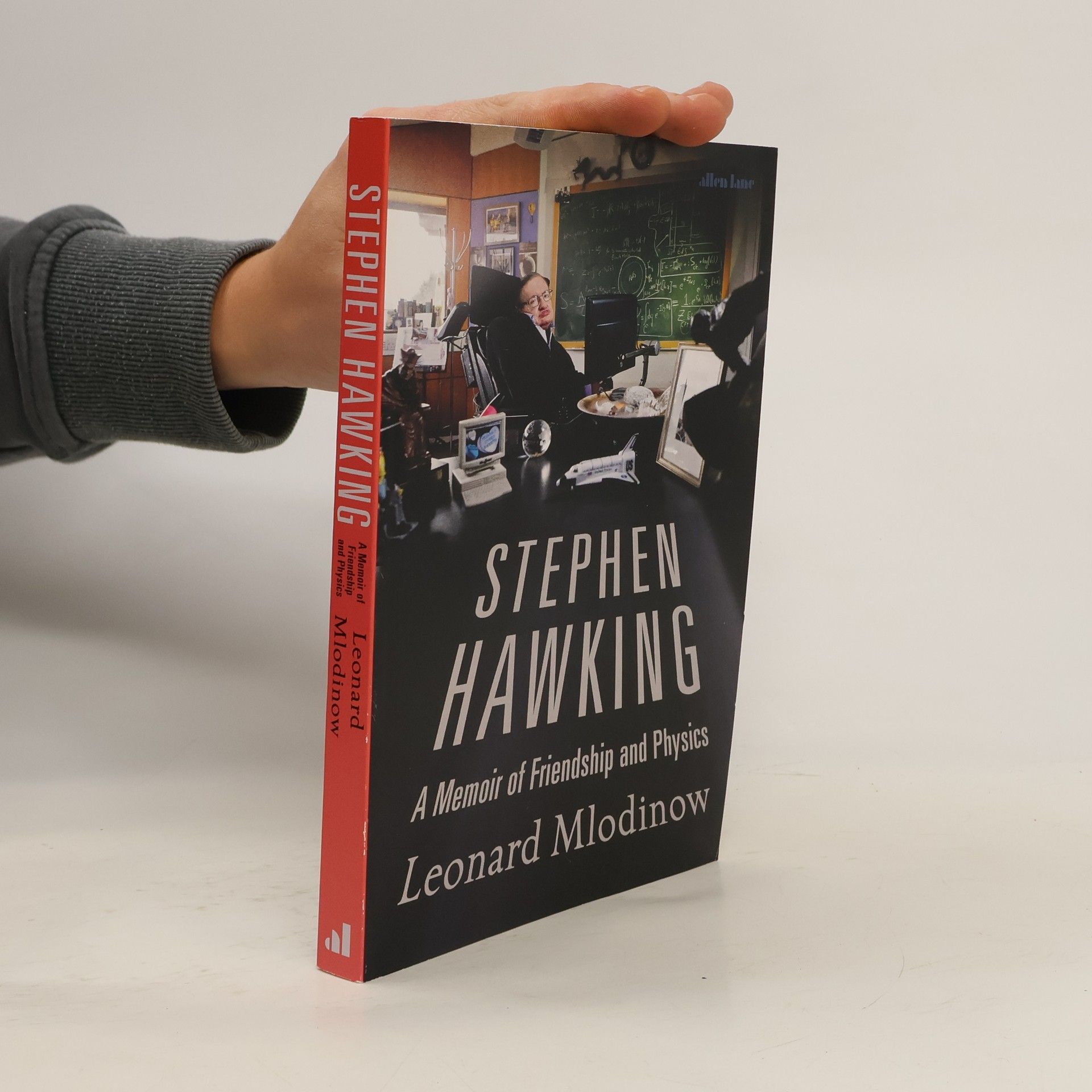
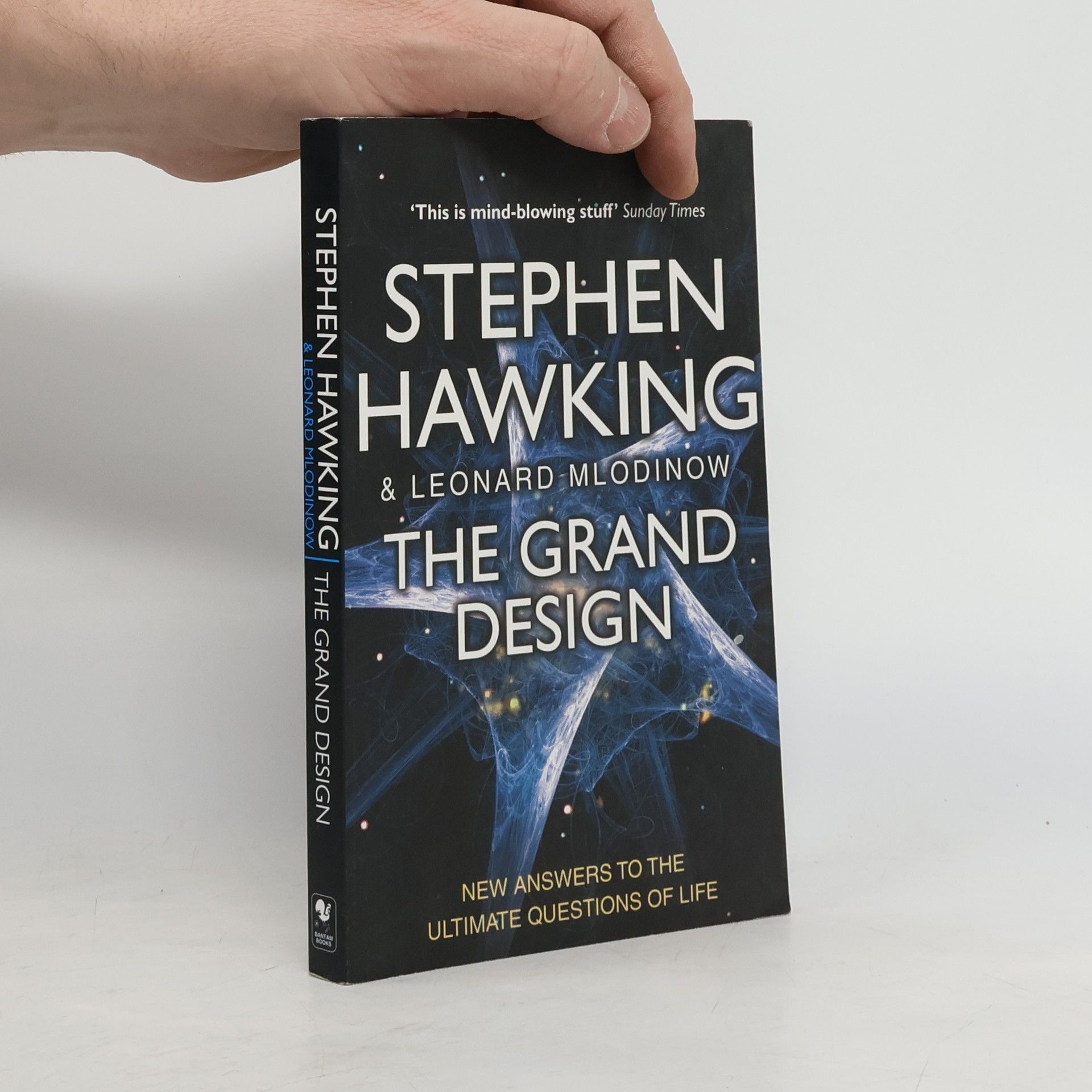
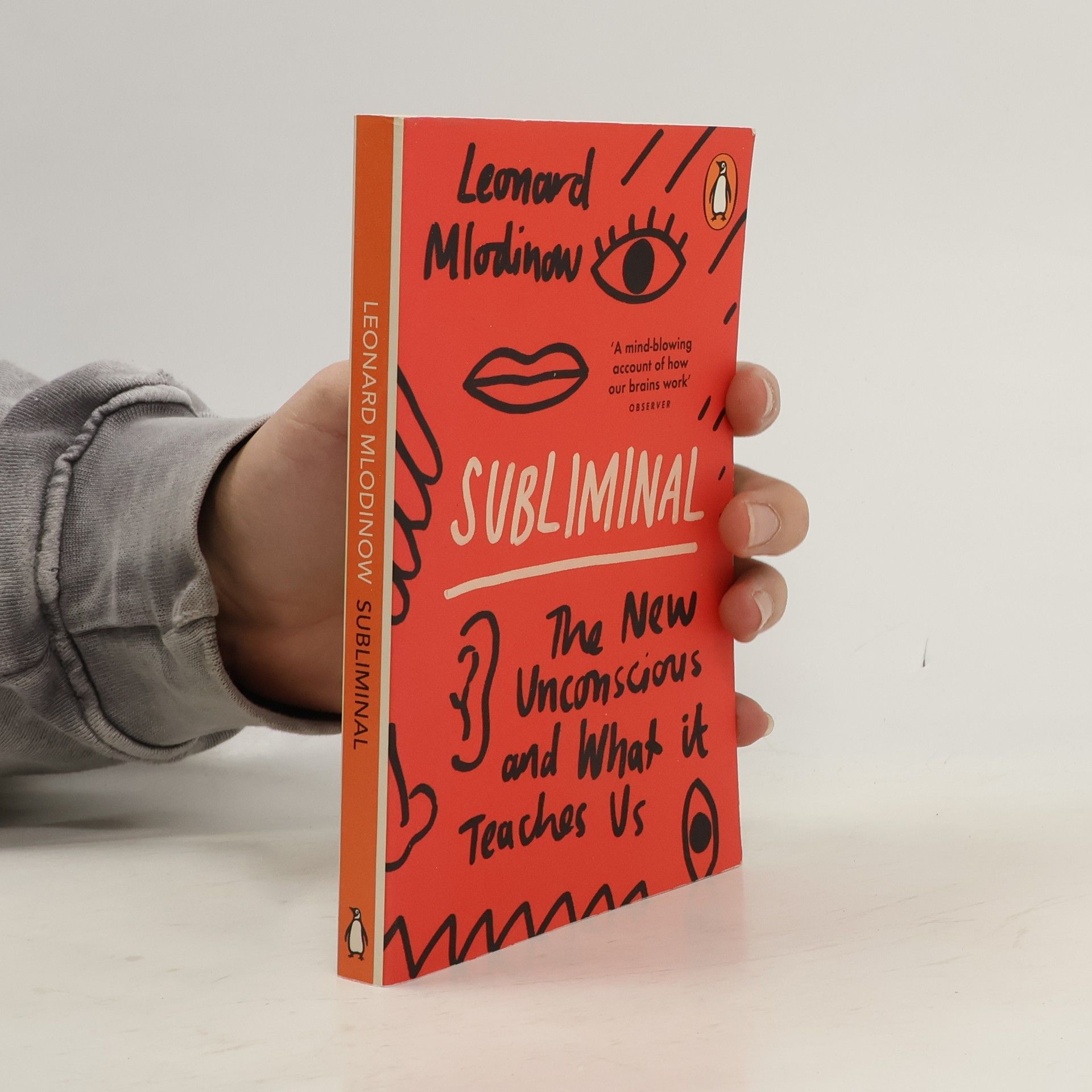
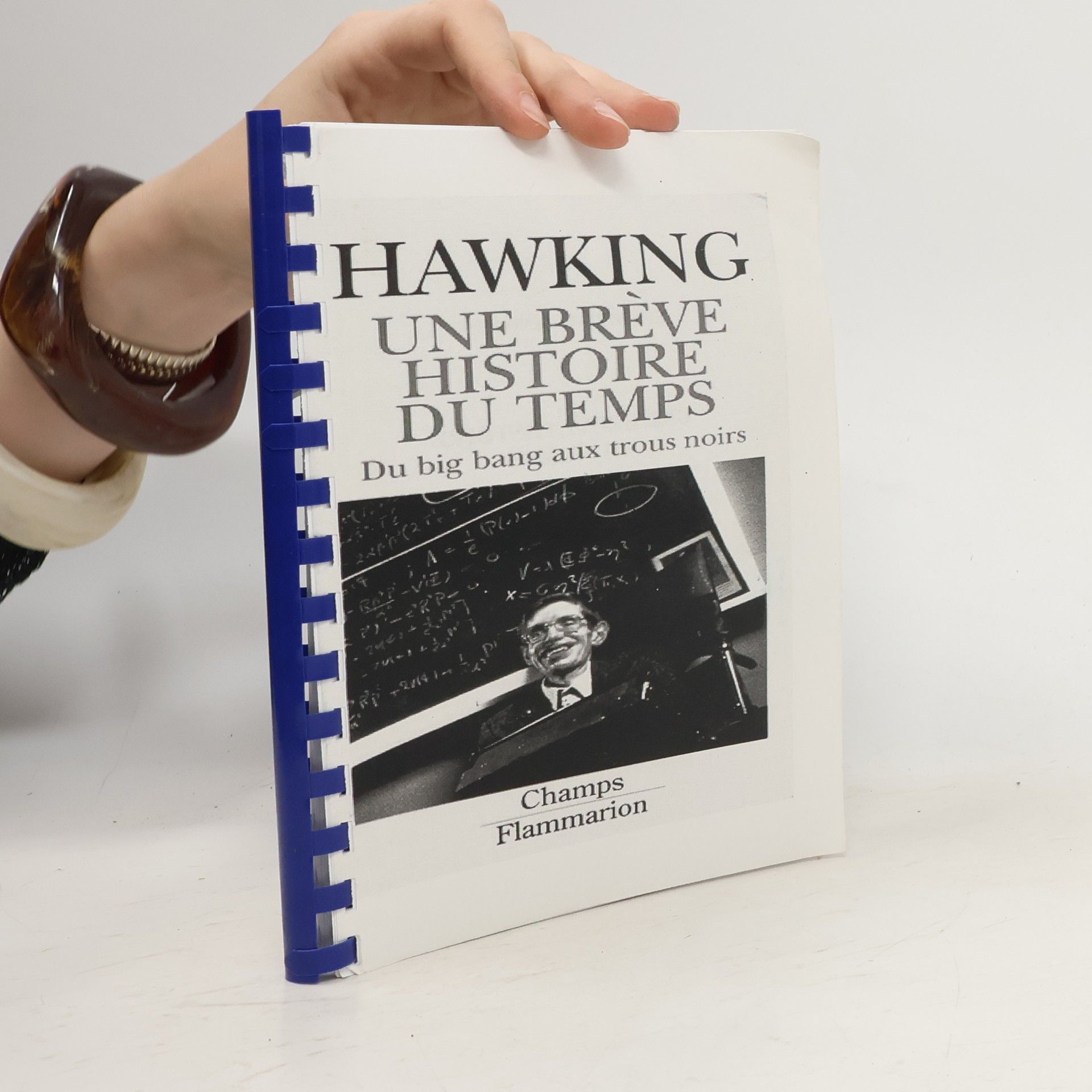
Subliminal
- 272pages
- 10 heures de lecture
In Subliminal Leonard Mlodinow reveals the incredible hidden power of our unconscious, and how it shapes our experience of the world. We are only aware of 5% of what's going on in our brain. Almost everything we do - who we marry, how we interact with friends and colleagues, who we vote for, how we handle money, even what we think we remember about our past - is largely driven by the mind's subliminal processes and not by our conscious awareness, as we have long believed. Here Mlodinow unravels the subliminal self, showing us how the human mind really works. 'After reading this book, you will look at yourself (and those around you) in a new way.' Joseph T. Hallinan, author of Why We Make Mistakes 'With great wit and intelligence, Mlodinow takes us on a sweeping tour of the latest revelations in neuroscience.' Huffington Post 'An illuminating journey through a hidden world.' Nature 'Leonard Mlodinow never fails to make science both accessible and entertaining.' Stephen Hawking
When and how did the universe begin? Why are we here? Is the apparent 'grand design' of our universe evidence for a benevolent creator who set things in motion? Or does science offer another explanation? In The Grand Design, the most recent scientific thinking about the mysteries of the universe is presented in language marked by both brilliance and simplicity. Model dependent realism, the multiverse, the top-down theory of cosmology, and the unified M-theory - all are revealed here. This is the first major work in nearly a decade by one of the world's greatest thinkers. A succinct, startling and lavishly illustrated guide to discoveries that are altering our understanding and threatening some of our most cherished belief systems, The Grand Design is a book that will inform - and provoke - like no other.
An icon of the last fifty years, Stephen Hawking seems to encapsulate genius: not since Albert Einstein has a scientific figure held such a position in popular consciousness. In this enthralling memoir, writer and physicist Leonard Mlodinow tells the story of his friend and their friendship, offering an intimate account of this giant of science. The two met in 2003, when Stephen asked Leonard if he would consider writing a book with him, the follow up to the bestselling A Brief History of Time. As they spent years working on a second book, The Grand Design, they forged a deep connection and Leonard gained a much better understanding of Stephen's daily life and struggles - as well as his compassion and good humour. Together they obsessed over the perfect sentence, debated the physics, and occasionally punted on Cambridge's waterways with champagne and strawberries. In time, Leonard was able to finish Stephen's jokes, chide his sporadic mischief, and learn how the hardships of his illness helped forge that unique perspective on the universe. By weaving together their shared story with a clear-sighted portrayal of Hawking's scientific achievements, Mlodinow creates a beautiful portrait of Stephen Hawking as a brilliant, impish and generous man whose life was not only exceptional but also genuinely inspiring.
Stephen Hawking
- 240pages
- 9 heures de lecture
An icon of the last fifty years, Stephen Hawking seems to encapsulate genius: not since Albert Einstein has a scientific figure held such a position in popular consciousness. In this enthralling memoir, writer and physicist Leonard Mlodinow tells the story of his friend and their friendship, offering an intimate account of this giant of science. The two met in 2003, when Stephen asked Leonard if he would consider writing a book with him, the follow up to the bestselling A Brief History of Time. As they spent years working on a second book, The Grand Design, they forged a deep connection and Leonard gained a much better understanding of Stephen's daily life and struggles - as well as his compassion and good humour. Together they obsessed over the perfect sentence, debated the physics, and occasionally punted on Cambridge's waterways with champagne and strawberries. In time, Leonard was able to finished Stephen's jokes, chide his sporadic mischief, and learn how the hardships of his illness helped forge that unique perspective on the universe. By weaving together their shared story with a clear-sighted portrayal of Hawking's scientific achievements, Mlodinow creates a beautiful portrait of Stephen Hawking as a brilliant, impish and generous man whose life was not only exceptional but also genuinely inspiring
What are emotions? Where do they come from and how do they affect us? How can we control them? For most of human history, our emotions were thought to be a small set of crude states. Someone was angry, or they were sad; they were fearful or they were happy. It was believed that each only caused specific behaviours - the sad would cry, and the happy would laugh. And there was sense that these things called emotions were fundamentally at odds with our reason and logic; that feelings were passionate, unruly and got us in to trouble. But over the last decade, a revolution in science's understanding of the brain has led to a fundamental re-evaluation of the role feelings play in our day-to-day lives. Via maps of the mind, electromagnetic fields, and depression-easing phone apps, acclaimed author and scientist Leonard Mlodinow explores how our emotions are born, the role they play in forming our thoughts and decisions, and how we can harness our feelings to thrive in the modern world. Shot through with wit, lucid insight and extraordinary personal experience, Emotional is at once the definitive guide to the new science of feeling, as well as powerful call to rethink treatment for mental illness, our understanding of personal relationships, and ultimately our view of ourselves.
Elastic
- 272pages
- 10 heures de lecture
The best-selling author of Subliminal and The Drunkard’s Walk teaches you how to tap into the hidden power of your brain. “Elastic is a book that will help you survive the whirlwind.” —Daniel H. Pink, author of When and A Whole New Mind Named to the 800-CEO-READ Business Book Awards Longlist In this startling and provocative look at how the human mind deals with change, Leonard Mlodinow shows us to unleash the natural abilities we all possess so we can thrive in dynamic and troubled times. Truly original minds capitalize when everyone else struggles. And most of us assume that these abilities are innate, reserved for a select few. But Mlodinow reveals that we all possess them, that we all have encoded in our brains a skill he terms elastic thinking—and he guides us in how to harness it. Drawing on groundbreaking research, Mlodinow outlines how we can learn to let go of comfortable ideas and become accustomed to ambiguity and contradiction; how we can rise above conventional mindsets and reframe the questions we ask; and how we can improve our ability to solve problems and generate new ideas—critical skills for achieving professional and personal success in our quickly morphing world.
The upright thinkers
- 352pages
- 13 heures de lecture
How did a near-extinct species, eking out a meager existence with stone axes, become the dominant power on earth, able to harness a knowledge of nature ranging from tiny atoms to the vast structures of the universe? Leonard Mlodinow takes us on an enthralling tour of the history of human progress, from our time on the African savannah through the invention of written language, all the way to modern quantum physics. Along the way, he explores the colorful personalities of the great philosophers, scientists, and thinkers, and traces the cultural conditions—and the elements of chance—that influenced scientific discovery. Deeply informed, accessible, and infused with the author’s trademark humor and insight, The Upright Thinkers is a stunning tribute to humanity’s intellectual curiosity and an important book for any reader with an interest in the scientific issues of our day.
The Drunkard's walk. How randomness rules our lives
- 272pages
- 10 heures de lecture
Leonard Mlodinow reveals the psychological illusions that prevent us understanding everything from stock-picking to wine-tasting, winning the lottery to road safety, and reveals the truth about the success of sporting heroes and film stars, and even how to make sense of a blood test. The Drunkard’s Walk is an exhilarating, eye-opening guide to understanding our random world – read it, so you won’t be left a victim of chance.
Euclid's window : the story of geometry from parallel lines to hyperspace
- 320pages
- 12 heures de lecture
This text leads us on a journey through five revolutions in geometry, via biographical stories, from the Greek concept of parallel lines to contemporary notions of hyperspace. It reveals simple questions that have been the hidden engines of major achievements in science and technology.
